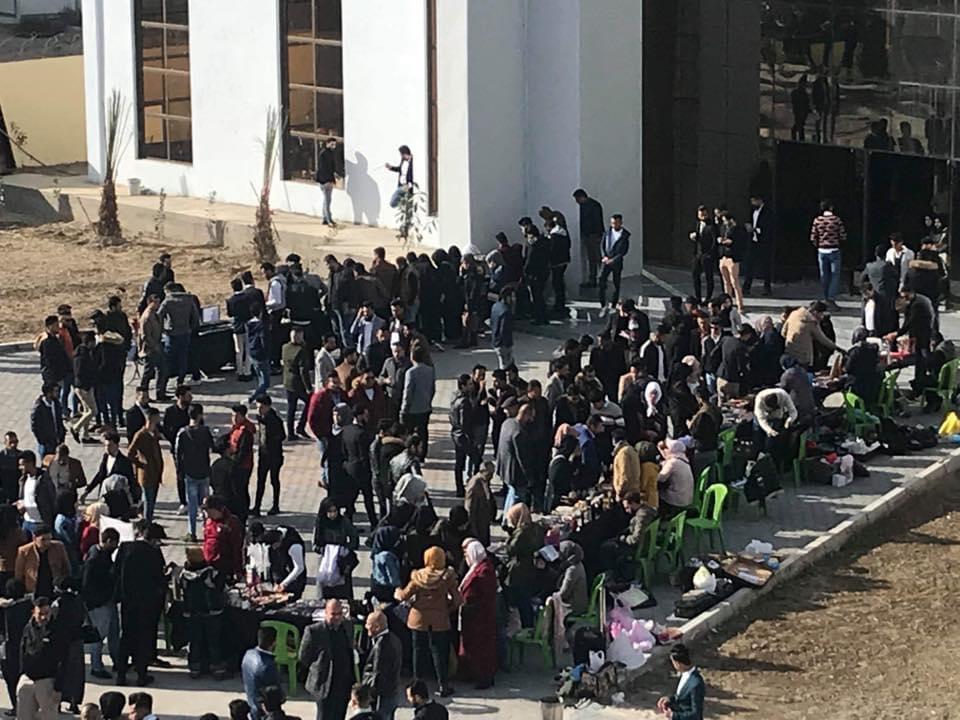
Hunger is not only caused by food insecurity, but by a combination of natural, social, and political forces. At present, the natural resources necessary for human survival – such as freshwater, oceans, forests, soils, etc., are declining. Climate change degrades valuable resources as severe weather events such as droughts become more frequent and affect harvests, resulting in less food for human consumption. Poverty and inequality are also two drivers of hunger, affecting who can buy food and what type and quantity of food is available. Hunger is also a product of war and conflict. Unrest can seriously damage a country’s economy and infrastructure. This negatively affects civilian access to food by driving up food prices, hindering food production, or forcing people to leave their homes. Some governments and military groups even use starvation as a tactic of war to cut off civilian food supplies.
- Eradicate hunger and ensure that everyone has access to enough food throughout the year.
- End all types of malnutrition by taking care of the nutritional needs of older people, pregnant and lactating women, and teenage females.
- Al-Maarif University College is trying to work with the surrounding communities to double the Productivity and incomes of small-scale food.


